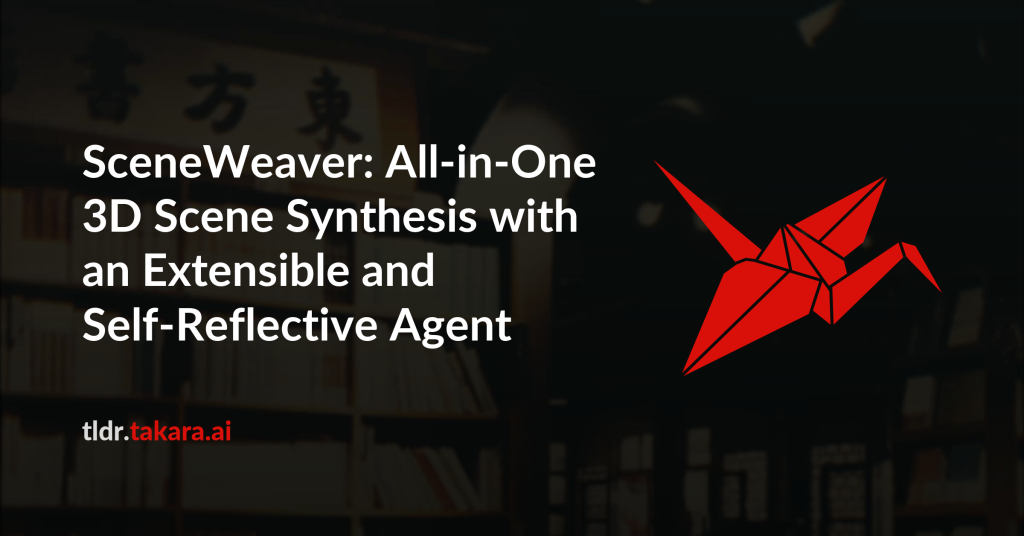Indoor scene synthesis has become increasingly important with the rise of
Embodied AI, which requires 3D environments that are not only visually
realistic but also physically plausible and functionally diverse. While recent
approaches have advanced visual fidelity, they often remain constrained to
fixed scene categories, lack sufficient object-level detail and physical
consistency, and struggle to align with complex user instructions. In this
work, we present SceneWeaver, a reflective agentic framework that unifies
diverse scene synthesis paradigms through tool-based iterative refinement. At
its core, SceneWeaver employs a language model-based planner to select from a
suite of extensible scene generation tools, ranging from data-driven generative
models to visual- and LLM-based methods, guided by self-evaluation of physical
plausibility, visual realism, and semantic alignment with user input. This
closed-loop reason-act-reflect design enables the agent to identify semantic
inconsistencies, invoke targeted tools, and update the environment over
successive iterations. Extensive experiments on both common and open-vocabulary
room types demonstrate that SceneWeaver not only outperforms prior methods on
physical, visual, and semantic metrics, but also generalizes effectively to
complex scenes with diverse instructions, marking a step toward general-purpose
3D environment generation. Project website: https://scene-weaver.github.io/.

